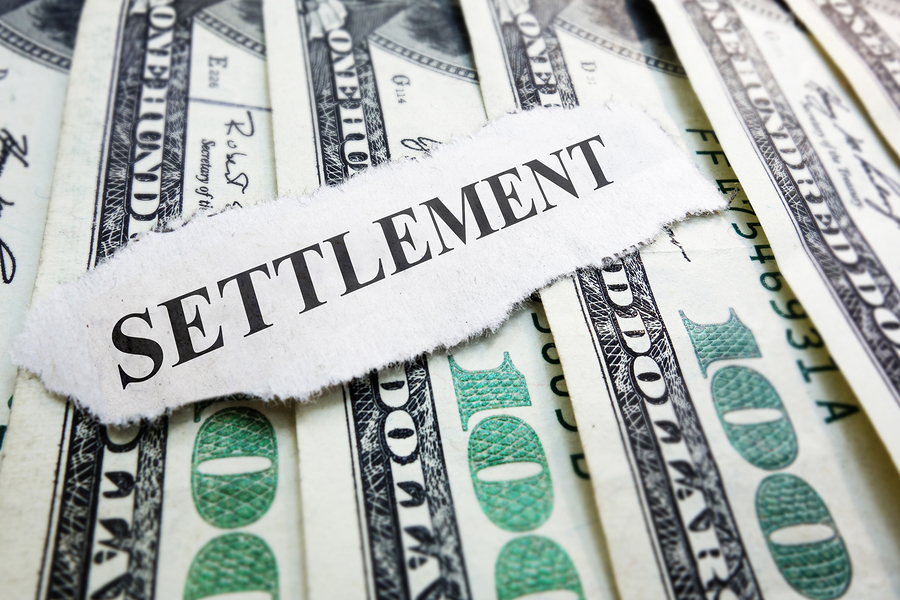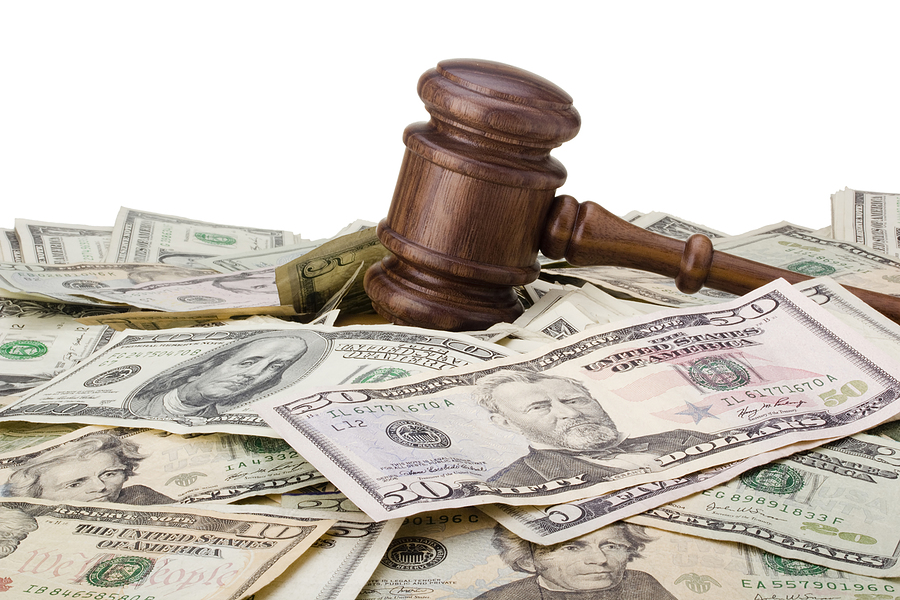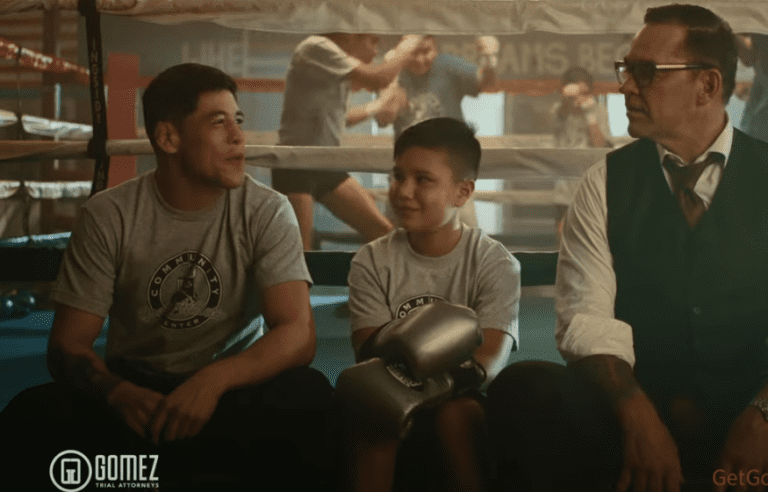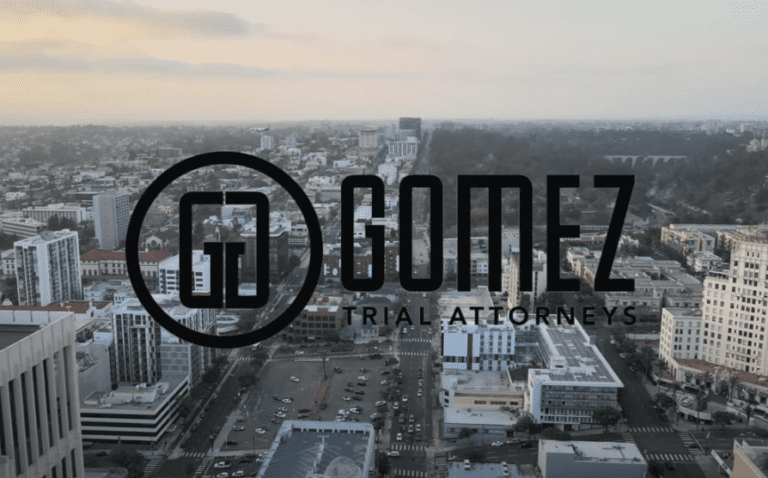Getting injured in a car accident has the potential to disrupt a crash victim’s life. Injuries can inflict severe physical, emotional, and financial pain.
Here at Gomez Trial Attorneys, accident victims often come to us wanting to know about their rights to a settlement of any claim they have for damages. In this blog post, we delve into car accident settlements in detail, to explain how they work and what crash victims need to know to protect their legal rights. If a car accident has left you or a loved one badly injured, contact an experienced crash injury attorney today.
Car Accident Settlements: The Basics
Let’s start with some basic information. Lawyers for auto accident victims use the word settlement to refer to a specific type of agreement between an injured crash victim and a person, entity, or organization legally responsible for causing the victim’s injuries and for compensating the victim for that harm.
In a typical car accident settlement agreement, the injured victim agrees to release the legally liable party from future financial liability in exchange for a payment of money (sometimes combined with other forms of compensation). A settlement ends a legal claim. If the injured person has already filed a lawsuit against the liable party, then the settlement almost always includes an agreement to terminate the suit. If the injured person has not yet filed suit, then the agreement typically bars the filing of a suit in the future.
In most car accident cases, an insurance company that sold a liability insurance policy to the person or entity with legal liability pays the settlement amount to the injured crash victim. Sometimes, however, at least some of the money for a settlement comes directly out of the legally liable party’s own pocket. Experienced car accident injury attorneys investigate all potential sources of settlement dollars potentially available to pay a car accident settlement, to ensure that insurance policy limits do not artificially cap the amount of money an injured client can receive.
As a binding contract, a settlement is final. Once they have signed and filed it, the parties to the settlement typically cannot open it back up. For that reason, injured crash victims must approach settlements with care and should always seek the advice and counsel of an experienced auto accident injury lawyer before agreeing to anything. Those precautions help to ensure victims receive the maximum amount of money reasonably available in exchange for giving up their important legal rights.
How Settlements (Usually) Come Together
 Most, but not all, car accident claims seeking money damages for crash injuries end in a settlement. This reflects the reality that most parties prefer the certainty of controlling the outcome of a car accident claim to taking their chances in front of a judge and jury in a trial. Most, but not all. Sometimes the parties cannot reach a settlement agreement, and the case ends up in a courtroom, and the outcome comes in the form of a decision by a judge or jury. In other words, not all cases settle.
Most, but not all, car accident claims seeking money damages for crash injuries end in a settlement. This reflects the reality that most parties prefer the certainty of controlling the outcome of a car accident claim to taking their chances in front of a judge and jury in a trial. Most, but not all. Sometimes the parties cannot reach a settlement agreement, and the case ends up in a courtroom, and the outcome comes in the form of a decision by a judge or jury. In other words, not all cases settle.
That said, when a settlement does resolve an auto accident case, it typically comes together through a series of steps.
This typically includes the following steps (although not necessarily all of them, nor always in this order):
- A crash happens and someone gets injured. The injured person gets medical care and then hires an experienced motor vehicle accident injury attorney.
- The attorney investigates what happened through various means and methods. This may include reviewing police reports, visiting the accident scene, interviewing witnesses, and working with experts to examine physical evidence to determine how the accident happened, who may have a legal liability to the injured victim for damages and the ability to pay them, and how much money the victim deserves to receive under the law.
- The attorney demands money from the one or more individuals or entities who have potential legal liability to the injured crash victim for damages. The attorney may do this by sending a letter directly to that party, to the party’s attorney, or to the party’s insurance carrier. The attorney may take a more formal approach and make the demand by filing a lawsuit against the person or entity. In some cases, the attorney may do both. Different cases often warrant different approaches to this step.
- The party with legal liability responds to the demand in one way or another, typically through an attorney or insurance representative. The response states the party’s position, or lack thereof, on the questions of liability and damage. Oftentimes, it disputes one or both of those issues, perhaps by pointing the blame for the accident on the victim or someone else, or by disputing the underlying facts. If the injured party’s attorney made the demand by filing a lawsuit, the response gets filed with the court and the case proceeds to its next phase, known as discovery, in which each side exchanges information relating to a car accident claim.
- At some point, the parties begin negotiating a potential settlement of the legal claim. When and how this happens can vary widely depending on the circumstances. Sometimes the party with legal liability comes to the negotiating table right away. Other times, the legally liable party’s representatives want to take time to investigate first, or prefer to fight a few rounds in court before sitting down for a discussion. In fact, in some instances, a court must force the parties to open these settlement discussions by directing them to participate in a mediation.
- Negotiation proceeds on a path that depends on multiple factors, including whether a lawsuit has been filed, the number of parties potentially involved, the amount of money involved, the complexity of the disputes, and even the personalities of the individuals doing the negotiating. Negotiations can take various forms—in person, over email, by phone, etc.—and may involve one or more rounds of offers and counter-offers.
- The parties reach a settlement when they agree on the amount and terms of payment of money the injured crash victim will get on one hand, and the scope of the release the crash victim will give to the party with legal liability on the other.
- The lawyers draw up settlement papers, the parties sign them, money flows, and the dispute ends.
Factors That Can Complicate a Settlement
The steps above represent the basic flow of a typical settlement process. Not all claims follow that straightforward of a path, however. As we hinted above, various factors can complicate the probability of reaching a settlement, the timeline for getting there, and the amount of money a car accident victim can hope to receive.
These include:
- The number of parties involved. Experienced car accident lawyers know that even the most seemingly simple, two-party vehicle crashes can lead to unfathomably complex disputes. That said, as a general matter, the easiest settlement negotiations tend to involve only two parties. Each additional party added to a settlement negotiation can make it exponentially more complex. Depending upon the circumstances, those parties might include other injured accident victims, multiple insurance companies fighting over whose policy pays out first, multiple individuals or entities with legal liability arguing about who bears most of the fault, and (sometimes) representatives of third parties who have an interest in the outcome of the case (such as a bankruptcy trustee).
- The degree of dispute. Easy settlements happen when everyone pretty much agrees on who has legal liability to the accident victim and how much money the victim should (or can) get. These types of settlements can happen, believe it or not; oftentimes, they involve a severely injured victim with massive potential damages, filing a claim against a liable party’s low-limit insurance policy. In such cases, the insurance company might see no point in putting up any fight and will simply cut a check. However, those cases represent the exception, not the rule. More often, the party with liability will raise some dispute, if for no other reason than to give that party a little negotiating leverage in a settlement discussion. Obviously, the more issues in dispute, the more complicated a settlement can become.
- The injured party’s ability to stay in the fight. Car accident victims suffering from serious injuries sometimes need money, now. Getting hurt in an accident puts a strain on a person’s finances. Medical bills pile up. The victim misses time at work and has to go without a paycheck. In those situations, the victim may feel pressure to reach a settlement as soon as possible, just to stop the financial bleeding. As personal injury lawyers, we understand this concern and we work within our clients’ needs to get them the most money possible. As a general rule, the longer a crash victim can hold out in negotiations for a better deal, the higher the likelihood of achieving a favorable outcome.
What Crash Victims Can Do to Enhance Their Settlement Chances
If you’ve read this far, then you probably get the sense that many of the factors that affect the prospects for and amount of a settlement lie beyond the injured car crash victim’s control. That is true. Negotiations sometimes take winding, frustrating paths, whether anyone likes it or not.
Still, injured car accident victims can take steps to give themselves the best chance of a favorable outcome.
Take Care of Themselves Physically and Emotionally
Achieving a favorable outcome from a car accident settlement depends, to a significant degree, on what the victim does to stay in the best possible physical and emotional health.
First, as to physical health, injured car accident victims must seek appropriate medical care for their injuries, and must follow the doctor’s advice until they have reached the furthest possible point of recovery. Follow medical advice to heal your injuries.
In the context of getting the best possible settlement, however, it is also important because:
- It shows that the victim has done his or her part to keep damages to a minimum (in other words, that the amount of money the victim seeks as compensation is a solid number and not one that the victim inflated by failing to care for him or herself); and
- It creates critically important medical records that help to prove the connection between the accident and the victim’s injuries. These records constitute some of the most important evidence in most car accident cases.
Second, as to emotional health, injured car accident victims should always treat their mental health as seriously as their physical health. They should seek counseling if they need it. Oftentimes, crash victims suffer from post-traumatic stress after a violent collision, for example, a condition that can feature debilitating symptoms like depression, anxiety, and social isolation. Staying mentally healthy also serves to put the victim in the best possible frame of mind to hear and understand a lawyer’s advice, and to participate in making important decisions about the course of a legal claim and whether to settle it.
Treat Insurance Companies With Extreme Caution
Car accident victims often need to report the crash to their own auto and health insurance carriers. They should comply with those requirements, and seek the help of a lawyer to address any uncertainty about them.
Car accident victims do NOT, however, have any immediate obligation after a car accident to interact with someone else’s insurance carrier. Eventually, as part of a settlement, they may need to submit to an interview or examination conducted by that insurer. In the early days after a crash, however, they should treat any contact from someone else’s insurance company with extreme caution. The only reason some other individual’s or entity’s insurance company has to contact a victim is to minimize its own financial exposure to the accident. Victims should avoid having any interaction with someone else’s insurance company altogether, at least until they have consulted with an attorney.
Also, and this is critically important, car accident victims should never, ever, agree to any settlement offer from an insurance company (or anyone else) without first speaking with an experienced auto accident injury lawyer. As you now know from having read the explanation above, agreeing to a settlement involves giving up important, and potentially valuable, legal rights. Only enter into that kind of agreement on the advice of a skilled, knowledgeable attorney.
Let a Skilled Car Accident Attorney Negotiate Your Settlement
Attorneys for victims of car accidents spend their days negotiating the most favorable settlements possible for their clients. Trust only an experienced, knowledgeable California car accident injury attorney to negotiate a settlement on your behalf. Contact one today to get started.







